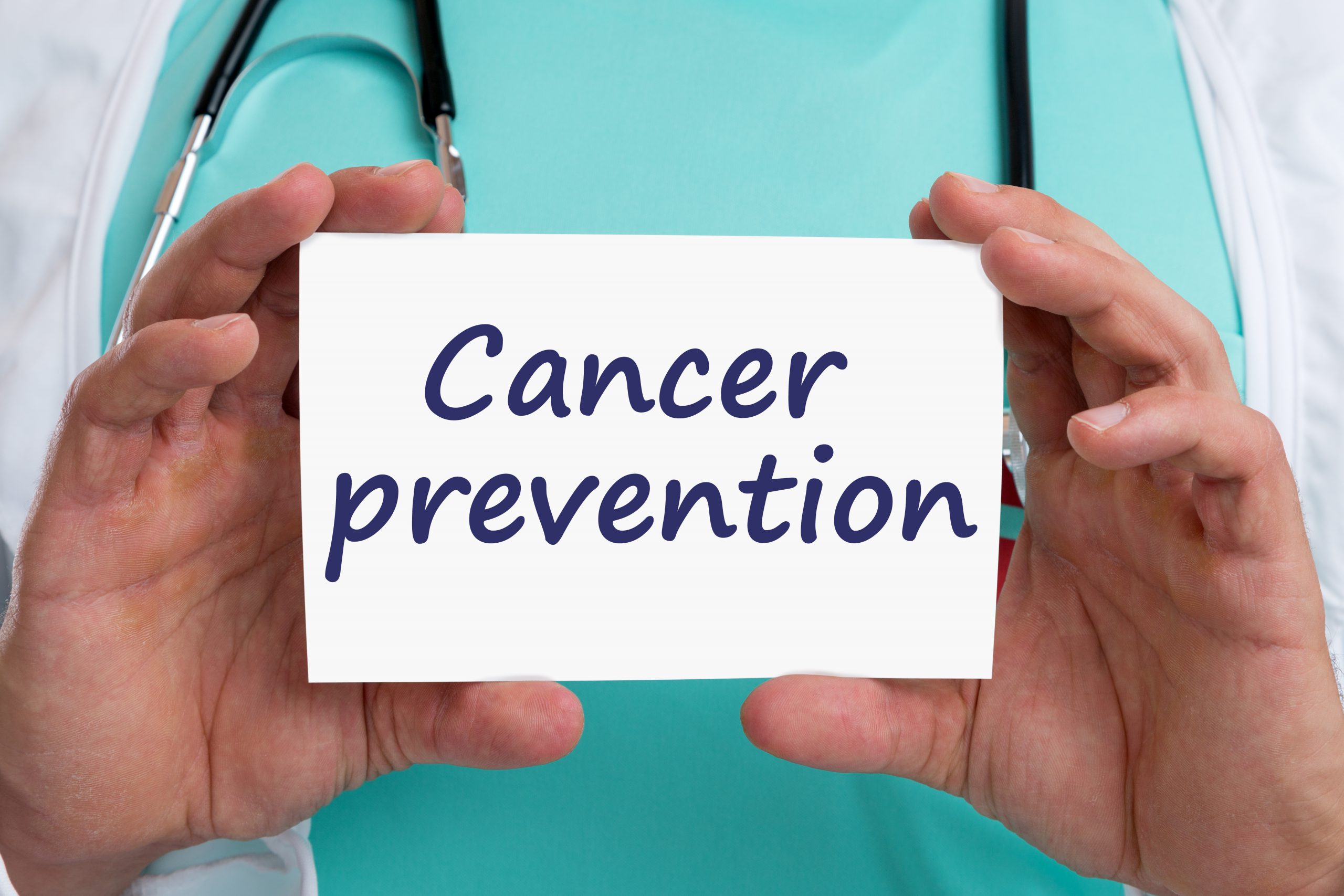Introduction
Cancer is a devastating disease that affects millions of people worldwide. While advancements in cancer treatment have improved survival rates, prevention remains the key to reducing the burden of this disease.
In this ultimate guide to cancer prevention, we will provide expert advice on how to reduce your risk of developing cancer and live a healthier future. From lifestyle changes to screening recommendations, we will cover everything you need to know to protect yourself and your loved ones. Whether you are a healthcare professional, a caregiver, or someone who wants to take charge of their own health, this guide is a valuable resource to help you navigate the complex world of cancer prevention.
Importance of cancer prevention :
Understanding the importance of cancer prevention is a topic that cannot be stressed enough. While advancements in cancer treatment have undoubtedly saved lives, the toll of this disease on individuals and their families cannot be understated. Research has consistently shown that adopting healthy lifestyle behaviours and participating in recommended screenings can significantly reduce the risk of developing cancer.
By taking proactive steps to prevent cancer, not only can individuals reduce their personal risk, but they can also contribute to the overall reduction of cancer cases in society. This not only eases the burden on healthcare systems but also has a direct impact on the well-being and quality of life for individuals and their loved ones.
The role of a healthy lifestyle in preventing cancer
Leading a healthy lifestyle is one of the most powerful ways to reduce the risk of developing cancer. Research has consistently shown that certain lifestyle choices can have a profound impact on cancer prevention. By adopting these habits, you can take control of your health and significantly lower your chances of developing this dreaded disease.
First and foremost, maintaining a healthy weight is crucial. Obesity has been linked to an increased risk of many types of cancer, including breast, colon, and kidney cancer. By maintaining a balanced diet and engaging in regular physical activity, you can achieve and maintain a healthy weight, reducing your risk.
Another important aspect of a healthy lifestyle is following a nutritious diet. Consuming a diet rich in fruits, vegetables, whole grains, and lean proteins not only provides your body with essential nutrients but also contains powerful antioxidants and phytochemicals that can help ward off cancer-causing agents.
In addition to a healthy diet, regular exercise is essential. Engaging in moderate to vigorous physical activity for at least 30 minutes a day can help lower the risk of certain cancers, such as breast and colon cancer. Whether it’s going for a brisk walk, cycling, or engaging in a fitness class, finding activities that you enjoy and incorporating them into your routine can make a significant difference in cancer prevention.
Furthermore, avoiding tobacco and limiting alcohol consumption are critical lifestyle choices. Smoking has been directly linked to numerous types of cancer, including lung, throat, and bladder cancer. If you are a smoker, quitting smoking is the single best thing you can do for your health and to reduce your cancer risk. Additionally, excessive alcohol consumption has been associated with an increased risk of several types of cancer, including liver, breast, and colorectal cancer. Moderating your alcohol intake or eliminating it altogether can greatly enhance your cancer prevention efforts.
The impact of diet and nutrition on cancer prevention
When it comes to cancer prevention, the saying “you are what you eat” holds true. The impact of diet and nutrition on our overall health and well-being cannot be overstated, and the same goes for reducing our risk of cancer. What we put into our bodies plays a crucial role in protecting ourselves against this disease.
A healthy diet that is rich in fruits, vegetables, whole grains, and lean proteins not only provides essential nutrients for our bodies but is also packed with cancer-fighting substances. These include antioxidants, which help neutralize harmful free radicals that can damage our cells and lead to cancer development. Phytochemicals, found in various fruits, vegetables, and whole grains, have also been shown to have powerful anti-cancer properties.
Eating a balanced and varied diet ensures that we receive a wide range of these cancer-fighting compounds. Incorporating a colourful assortment of fruits and vegetables into our daily meals, along with whole grains and lean proteins, provides an optimal nutritional profile for cancer prevention.
Regular exercise for reducing the risk of cancer
Regular exercise for reducing the risk of cancer
In addition to maintaining a healthy diet, regular physical activity is also an essential component of cancer prevention. Research has consistently shown that engaging in regular exercise can significantly reduce the risk of developing certain types of cancer.
Exercise helps to maintain a healthy weight, which is important as obesity has been linked to an increased risk of several types of cancer, including breast, colorectal, and endometrial cancer. It also helps to regulate hormone levels in the body, such as oestrogen, which can play a role in the development of certain cancers.
Moreover, exercise has been shown to strengthen the immune system and improve metabolic function. This can contribute to a healthy body environment that is less conducive to cancer growth and development.
The American Cancer Society recommends getting at least 150 minutes of moderate-intensity exercise or 75 minutes of vigorous-intensity exercise per week. This can be achieved through activities such as brisk walking, jogging, cycling, swimming, or dancing.
Remember, it’s important to find activities that you enjoy and make exercise a regular part of your routine. Start slowly if you’re new to exercise and gradually increase the intensity and duration over time.
By incorporating regular exercise into your lifestyle, along with a healthy diet, you can significantly reduce your risk of cancer and improve your overall health and well-being. Stay tuned for the next section where we will explore the importance of maintaining a healthy weight in cancer prevention.
Balancing stress and mental health for cancer prevention
In our fast-paced and demanding world, stress has become a prevalent part of our daily lives. However, chronic stress can have significant negative effects on our overall health, including increasing the risk of developing cancer. That’s why it’s crucial to prioritize your mental well-being and find effective ways to manage stress.
Numerous studies have established a link between chronic stress and cancer. When we experience stress, our bodies release a hormone called cortisol, which, in excess, can disrupt the body’s natural defense mechanisms, including our immune system. A weakened immune system can make us more susceptible to developing cancer cells.
Additionally, stress can lead to unhealthy coping mechanisms such as overeating, smoking, excessive alcohol consumption, and a sedentary lifestyle – all of which can contribute to the development of cancer.
To mitigate the negative effects of stress and reduce the risk of cancer, it’s crucial to prioritize self-care and find healthy outlets to manage stress. This can include practices such as yoga, meditation, deep breathing exercises, engaging in hobbies, spending time in nature, and seeking support from friends, family, or a professional therapist.
Remember, taking care of your mental health is just as important as taking care of your physical health. By managing stress effectively, you are not only improving your overall well-being but also taking proactive steps towards cancer prevention.
The significance of early detection and screenings
Detecting cancer at an early stage greatly increases the chances of successful treatment and positive outcomes.
Screenings vary depending on the type of cancer but may include mammograms, colonoscopies, Pap tests, and skin checks. It’s important to consult with your healthcare professional to determine which screenings are appropriate for you based on your age, gender, family history, and other risk factors.
Early detection not only allows for early intervention but also reduces the need for more invasive and aggressive treatment options. By catching cancer in its earliest stages, you have a higher likelihood of receiving less intensive treatments with fewer side effects.
By adopting these additional strategies of physical activity and stress management, you can further enhance your cancer prevention efforts. Stay committed to leading a healthy lifestyle, and remember that small changes can make a big difference in reducing your risk of cancer.




